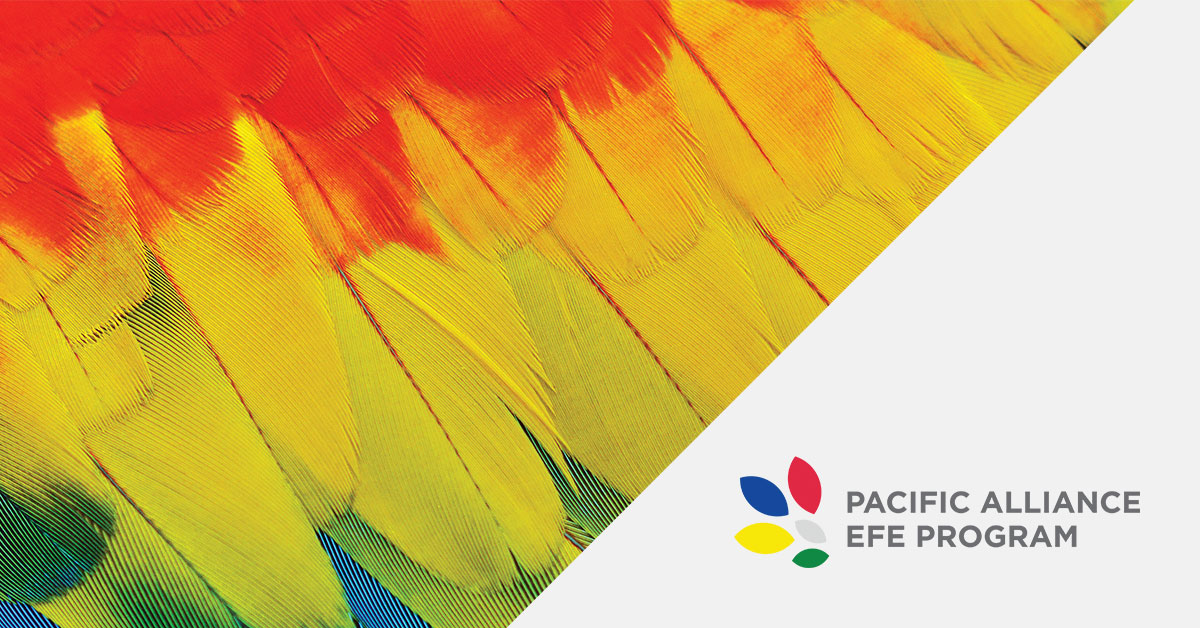Training institutions, their learners, and their industry and government partners in four Pacific-Alliance countries now have the connections, knowledge, and tools to make sustainable positive change. Working in Chile, Colombia, Mexico, and Peru, we set out to strengthen socio-economic opportunities for men and women in a sustainable and inclusive extractive sector. Five years later, the impact of our work can be seen.
The Pacific Alliance Education for Employment Program (PA-EFE) is the latest of our international programs to soon come to an end (March 2023).
Around the world, our signature EFE approach pairs Canadian colleges and institutes with similar institutions in partner countries. At the institutional level, it helps ensure that training meets the needs of local labour markets, communities, and learners and helps local TVET institutions develop the capacity to sustain educational change long after the projects come to an end. At the government and industry levels, it helps strengthen capacity of civil servants and bring together different ministries to develop and exchange best practices. It also works with private sector and civil society partners to ensure dialogue and collaboration.
Our Pacific Alliance program in key numbers:
- Starting in 2018, we connected 22 Canadian colleges and institutes through 16 institutional partnerships. The partnerships give Pacific-Alliance institutions the opportunity to learn from their Canadian counterparts (and vice-versa) and help strengthen post-secondary education and the alignment with private sector needs.
- We helped develop ten training programs that address both labour market needs in the extractive sector as well as challenges related to gender equality and environmental sustainability. Over five years, more than 1,100 students have enrolled in the programs developed through the project.
- We also helped systematize over 90 policies, guidelines, and best practices to strengthen governance across the sector and trained nearly 2,500 government leaders and administrators with recommendations for their implementation. And, ten institutions now have strategies, policies, and procedures to support gender equality and the empowerment or women and girls in place.
- More than 250 civil servants from over 40 different ministries benefited from workshops to learn strategies to better design and implement gender equality and environmental sustainability across public policy.
The PA-EFE Program also contributed to our core SDGs: SDG 4 (Quality Education), SDG 5 Gender Equality), SDG 8 (Decent Work and Economic Growth), SDG 10 (Reduced Inequality), SDG 13 (Climate Action), and SDG 17 (Partnerships to achieve the Goal).
- In everything we do, we use the United Nations Sustainable Development Goals as a framework for collaboration to ensure that our actions make a positive impact for people, communities, and the planet.
This week is International Development Week (IDW). It’s an opportunity to highlight the many important contributions that Canadians are making around the world. The theme, #GoForTheGoals, calls on us, on our members, and on Canadians to contribute to positive change from one side of the world to the next.
- Use IDW as an opportunity to act by signing the SDG Accord! As signatories, we maximize the impact of our efforts, share knowledge, hold each other accountable, and inspire each other to doing more.

